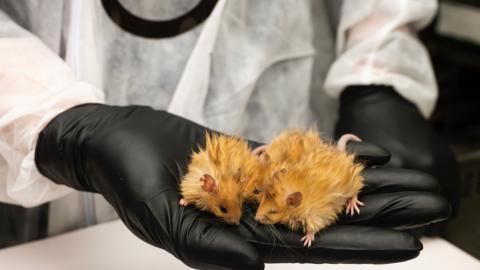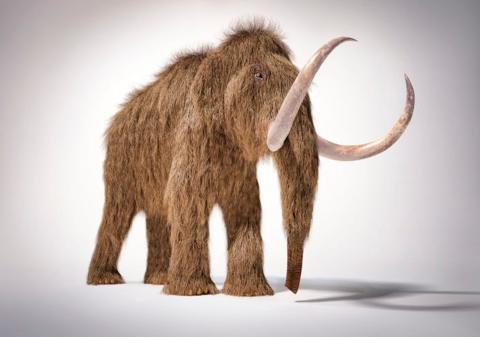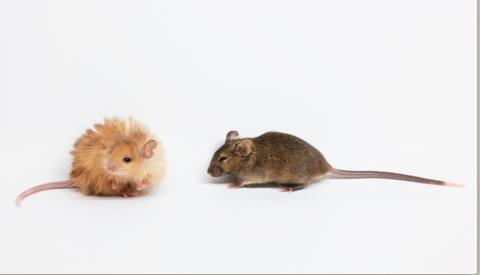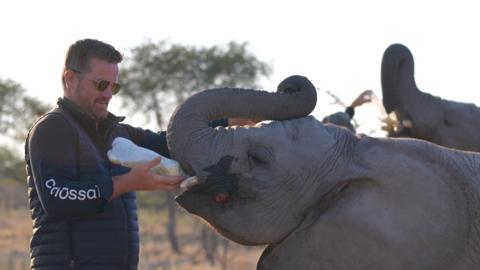In response, the Colossal researchers say they feel misjudged. Their mouse is a tool, they say, with which to test whether different genetic alterations they have planned are effective and safe before they try them out on elephants.
"Validation that this works is really exciting for this project," says the firm's chief science officer, Prof Beth Shapiro.
She adds that the firm has other research programmes running in parallel, such as studying embryo development and creating artificial wombs for the genetically modified elephants to grow in, and which the company says will ensure that they achieve their target of creating cold adapted elephants in a few years.
Prof Shapiro firmly disputes the allegation that the work is pointless. She says that the firm's plan to reintroduce extinct species, such as the Dodo and Tasmanian Tiger, as well as the mammoth, will fill ecological niches that have been lost, and so restore biodiversity and benefit the environment.
The genetic tools it is developing in the meantime are already helping species at risk of extinction, she adds. These include developing a vaccine for elephants against a deadly virus; the creation of genetically modified marsupials in Australia known as quoll to be resistant to neurotoxins produced by their predator, the cane toad; and reintroducing genetic diversity in the pink pigeon in Mauritius.
And Prof Shapiro says that elephants won't suffer. The team is developing techniques to screen only viable embryos, and she believes that they won't be treated as outcasts either.
"We really are only going to be changing a few letters in their DNA code. The elephants will be born to mothers who are not going to see them as freaks because they are going to be very much the same as them, just a lot more hair and can survive colder climates".



